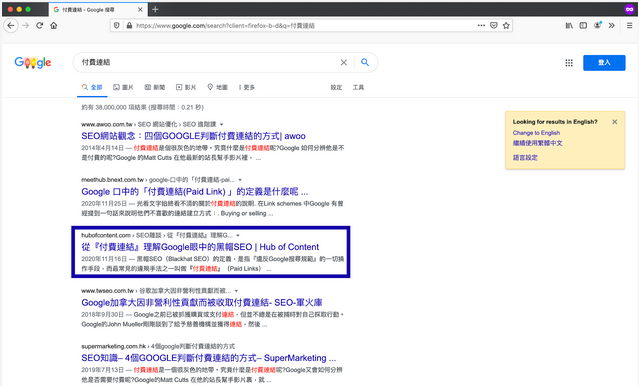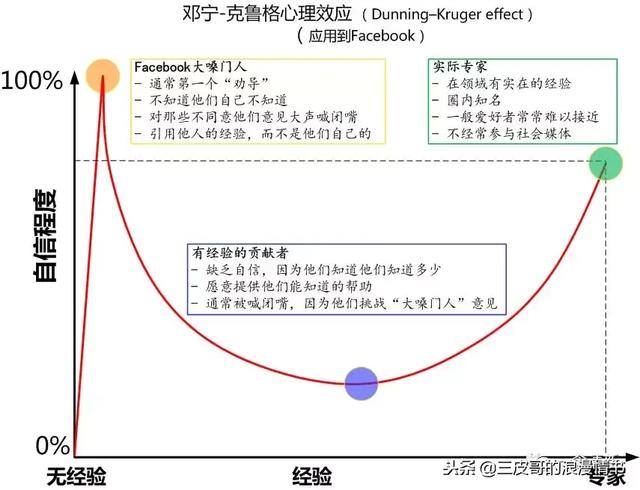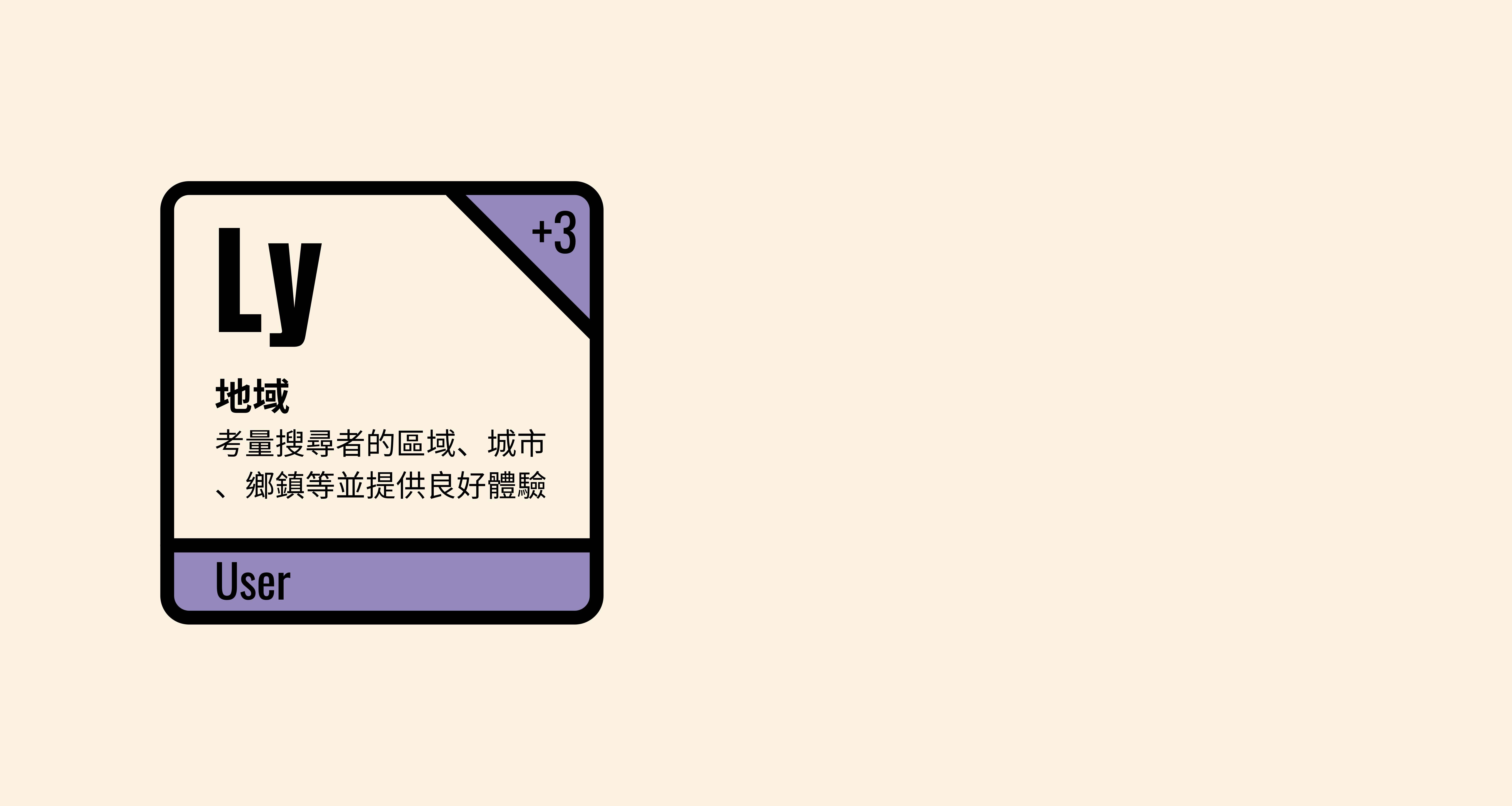Google官方說明
原文摘自:Google官方說明
由 Matt Cutts 以及 Maile Ohye 撰文
我們的目標是:藉由呈現公正與準確的搜尋結果來提供使用者最佳體驗。我們也很喜歡和網路管理員合作,共同合作的附加價值是,當你生產了更優質、更適用的優質內容時,網際網路和我們的索引都會跟著進步。這就能讓我們提供關聯性更高的搜尋結果給使用者們。
Our goal is to provide users the best search experience by presenting equitable and accurate results. We enjoy working with webmasters, and an added benefit of our working together is that when you make better and more accessible content, the internet, as well as our index, improves. This in turn allows us to deliver more relevant search results to users.
但是,一旦網站管理員決定為了操縱搜尋引擎排名為目的而購買或販售連結,Google一樣保留權利,來保護我們的搜尋引擎索引。
編按:此段意思是指「客觀上買賣傳遞 PageRank 的連結」,而不是自行認定沒有主觀操縱排名的動機就不算了,因為你可以用 nofollow 來杜絕付費連結傳遞 SEO 訊號
編按:Google完全尊重網站擁有者採用任何手段運行自己的網站,包含買賣連結
If, however, a webmaster chooses to buy or sell links for the purpose of manipulating search engine rankings, we reserve the right to protect the quality of our index. Buying or selling links that pass PageRank violates our webmaster guidelines. Such links can hurt relevance by causing:
- Inaccuracies: False popularity and links that are not fundamentally based on merit, relevance, or authority
- Inequities: Unfair advantage in our organic search results to websites with the biggest pocketbooks
編按:Google完全尊重網站擁有者採用任何手段運行自己的網站,包含買賣連結
購買或販售傳遞 PageRank 的連結是違反我們的搜尋引擎規範的。這種連結會對搜尋關聯性產生負面的影響,因為付費連結會導致:
- 資訊不準確:謬誤的熱門流量,以及非基於編輯出於自願、相關性、權威性而給予的連結
- 不公正性:擁有更多資源、口袋更深的企業或組織將在自然搜尋結果上得到不公平的優勢
為了確保符合 Google 的規範,透過金錢交易取得的付費連結、或者是用其他利益交換而來的連結,必需對搜尋引擎誠實揭露,方法包含在連結上標記 nofollow 屬性,或者其他技術,像是將連結導向Google爬蟲無法經過的網站。
In order to stay within Google’s quality guidelines, paid links should be disclosed through a rel=”nofollow” or other techniques such as doing a redirect through a page which is robots.txt’ed out. Here’s more information explaining our stance on buying and selling links that pass PageRank:
以下是更多關於我們對付費連結的立場:
2003 年 2 月:Google 的官方正式品質指南針對以下行為已建議了許多年:請避免操作為了提升網頁排名或 PageRank 的連結配置
February 2003: Google’s official quality guidelines have advised “Don’t participate in link schemes designed to increase your site’s ranking or PageRank” for several years.
2005 年 9 月:我在我的部落格發了一篇關於文字連結與 PageRank 的文章
September 2005: I posted on my blog about text links and PageRank.
2005 年 12 月:另一篇在我部落格的文章討論到這個議題,並指出:
December 2005: Another post on my blog discussed this issue, and said
許多在搜尋引擎排名領域工作的人都知道,賣連結會導致網頁上的那些連結品質降低。如果你購買連結單純是想賺取流量,而不是為了要影響搜尋引擎排名,那最簡單的方式其實就是標記 nofollow 屬性。
Many people who work on ranking at search engines think that selling links can lower the quality of links on the web. If you want to buy or sell a link purely for visitors or traffic and not for search engines, a simple method exists to do so (the nofollow attribute).
Google 對於付費連結的立場其實相當清楚,而且我們其實也非常會抓,不管是透過演算法、或者是人工審核機制。販售連結的網站會失去搜尋引擎對它們的信任度。
Google’s stance on selling links is pretty clear and we’re pretty accurate at spotting them, both algorithmically and manually. Sites that sell links can lose their trust in search engines.
2006 年 9 月:在和 John Battelle 的訪問中,我提出以下說法:Google 確實認為販賣影響搜尋排名的連結,是違反我們品質規範的作法。
September 2006: In an interview with John Battelle, I noted that “Google does consider it a violation of our quality guidelines to sell links that affect search engines.”
2007 年 1 月:我在我的網誌上發文提醒大家:「在付費文章裡的連結應該要適當處理,以避免影響搜尋結果」
January 2007: I posted on my blog to remind people that “links in those paid-for posts should be made in a way that doesn’t affect search engines.”
2007 年 4 月:我們發佈了讓大家向Google檢舉付費連結的機制。
April 2007: We provided a mechanism for people to report paid links to Google.
June 2007: I addressed paid links in my keynote discussion during the Search Marketing Expo (SMX) conference in Seattle. Here’s a video excerpt from the keynote discussion. It’s less than a minute long, but highlights that Google is willing to use both algorithmic and manual detection of paid links that violate our quality guidelines, and that we are willing to take stronger action on such links in the future.
June 2007: A post on the official Google Webmaster Blog noted that “Buying or selling links to manipulate results and deceive search engines violates our guidelines.” The post also introduced a new official form in Google’s webmaster console so that people could report buying or selling of links.
June 2007: Google added more specific guidance to our official webmaster documentation about how to report buying or selling links and what sort of link schemes violate our quality guidelines.
August 2007: I described Google’s official position on buying and selling links in a panel dedicated to paid links at the Search Engine Strategies (SES) conference in San Jose.
September 2007: In a post on my blog recapping the SES San Jose conference, I also made my presentation available to the general public (PowerPoint link).
October 2007: Google provided comments for a Forbes article titled “Google Purges the Payola”.
October 2007: Google officially confirmed to Search Engine Land that we were taking stronger action on this issue, including decreasing the toolbar PageRank of sites selling links that pass PageRank.
October 2007: An email that I sent to Search Engine Journal also made it clear that Google was taking stronger action on buying/selling links that pass PageRank.
We appreciate the feedback that we’ve received on this issue. A few of the more prevalent questions:
Q: Is buying or selling links that pass PageRank a violation of Google’s guidelines? Why?
A: Yes, it is, for the reasons we mentioned above. I also recently did a post on my personal blog that walks through an example of why search engines wouldn’t want to count such links. On a serious medical subject (brain tumors), we highlighted people being paid to write about a brain tumor treatment when they hadn’t been aware of the treatment before, and we saw several cases where people didn’t do basic research (or even spellchecking!) before writing paid posts.
Q: Is this a Google-only issue?
A: No. All the major search engines have opposed buying and selling links that affect search engines. For the Forbes article Google Purges The Payola, Andy Greenberg asked other search engines about their policies, and the results were unanimous. From the story:
Search engines hate this kind of paid-for popularity. Google’s Webmaster guidelines ban buying links just to pump search rankings. Other search engines including Ask, MSN, and Yahoo!, which mimic Google’s link-based search rankings, also discourage buying and selling links. Other engines have also commented about this individually, e.g. a search engine representative from Microsoft commented in a recent interview and said
The reality is that most paid links are a.) obviously not objective and b.) very often irrelevant. If you are asking about those then the answer is absolutely there is a risk. We will not tolerate bogus links that add little value to the user experience and are effectively trying to game the system. Q: Is that why we’ve seen some sites that sell links receive lower PageRank in the Google toolbar?
A: Yes. If a site is selling links, that can affect our opinion about the value of that site or cause us to lose trust in that site.
Q: What recourse does a site owner have if their site was selling links that pass PageRank, and the site’s PageRank in the Google toolbar was lowered?
A: The site owner can address the violations of the webmaster guidelines and submit a reconsideration request in Google’s Webmaster Central console. Before doing a reconsideration request, please make sure that all sold links either do not pass PageRank or are removed.
Q: Is Google trying to tell webmasters how to run their own site?
A: No. We’re giving advice to webmasters who want to do well in Google. As I said in this video from my keynote discussion in June 2007, webmasters are welcome to make their sites however they like, but Google in turn reserves the right to protect the quality and relevance of our index. To the best of our knowledge, all the major search engines have adopted similar positions.
Q: Is Google trying to crack down on other forms of advertisements used to drive traffic?
A: No, not at all. Our webmaster guidelines clearly state that you can use links as means to get targeted traffic. In fact, in the presentation I did in August 2007, I specifically called out several examples of non-Google advertising that are completely within our guidelines. We just want disclosure to search engines of paid links so that the paid links won’t affect search engines.
Q: I’m aware of a site that appears to be buying/selling links. How can I get that information to Google?
A: Read our official blog post about how to report paid links from earlier in 2007. We’ve received thousands and thousands of reports in just a few months, but we welcome more reports. We appreciate the feedback, because it helps us take direct action as well as improve our existing algorithmic detection. We also use that data to train new algorithms for paid links that violate our quality guidelines.
Q: Can I get more information?
A: Sure. I wrote more answers about paid links earlier this year if you’d like to read them. And if you still have questions, you can join the discussion in our Webmaster Help Group.




留言